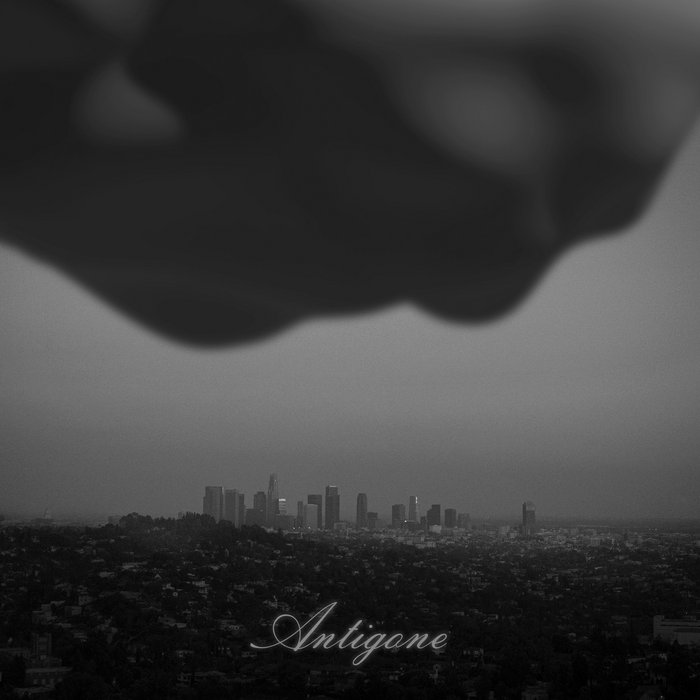It’s been such a long time since Eiko Ishibashi produced the kind of leftfield pop music that her early solo work centered around, you might have assumed she was finished with the medium. She’s covered a lot of ground since then. Her previous release in this vein, 2018’s The Dream My Bones Dream, felt like a towering achievement, a stunningly multifaceted meditation on time and memory inspired by the passing of her father and his family’s history in the imperial Japanese puppet state of Manchukuo. Rather than take any steps further in that direction, Ishibashi stepped back from song-based material and delved into electroacoustic composition and film scoring. Her profile has risen considerably in the past few years, thanks to her scores for the acclaimed Ryūsuke Hamaguchi films Drive My Car and Evil Does Not Exist. She’s developed a completely unique and personal voice as a composer, one just as informed by Joni Mitchell, Talk Talk and ECM as it is by Luc Ferrari or Bernard Parmegiani. Considering this, 2025 seems like a perfect time to reintroduce the world to her songwriting prowess.
The first thing that immediately stuck out to me about Antigone is that the orchestration on is fantastic. The string and horn arrangements were done by Ishibashi and her partner and frequent collaborator Jim O’Rourke, so it’s no surprise that the record sounds as good as it does. Still, the two outdid themselves here. On the album opener ‘October’, her vocals are augmented by recordings of traffic instructions and warped synths. The drums, from regular collaborator Tatsuhisa Yamamoto, sound lush and expressive, and Marty Holoubek’s bass has a rich tone informed by jazz fusion. Second track ‘Coma’ absolutely nails its languid 70s singer-songwriter vibe, with a classic fender rhodes warble and some truly heavenly harmonies. It calls to mind Fleetwood Mac’s ‘Dreams’, but with a perspective and an arrangement that could only come from Ishibashi. It’s helped along by an accordion contribution from Kalle Moberg, an unexpected but truly inspired addition that adds a whole other layer to the song. Every moment on this record is colored with these sorts of intricate details, and they’re crucial to the record’s success.
On Antigone, Ishibashi moves away from the loopy, odd-time-signature driven pop of earlier albums such as Car and Freezer. The record focuses more on 70s-inflected chord progressions and builds, with 80s-inflected ambiance and reverb, and plenty of stylistic twists and turns along the way. ‘Trial’ has dense layers of horns that give the track a foggy, mystifying air similar to Angelo Badalementi’s soundtrack work, but it’s embedded in a deep, post-punk-esque rhythmic pulse, courtesy of Holoubek and percussionist Joe Talia. Ishibashi has always taken inspiration from the rich tradition of beautiful, densely arranged pop music that masks depressing lyrics – you could call it the Scott Walker school of songwriting. The lyrics on ‘Coma’, easily the sweetest track on the album musically, translate to “This is your grid, watched by the security camera / You still have some time / to be a survivor in eden.” The lyrics are cryptically poetic, but the grim spectre of death and destruction seeping into the dulleries of contemporary life seems to be a recurring theme. ‘Caviar, champagne, cocaine, thong,” she sighs at the beginning of ‘Mona Lisa’. “Genocide, glimpsing through each day / Where does the wind go?” It’s a vision of the apocalypse that’s less about dramatic explosions and more about cultural detritus and the ennui of watching the world slowly melt away – in other words, much more resonant to the present day. Listening to Antigone, one can hear everything Ishibashi has achieved in these fruitful past few years coming to a head. It’s a risk-taking, ambitious album-length statement that further cements Ishibashi’s place in a rare pantheon of artists – one including O’Rourke, Scott Walker and Autechre – making some of their best work thirty-plus years into their career.


